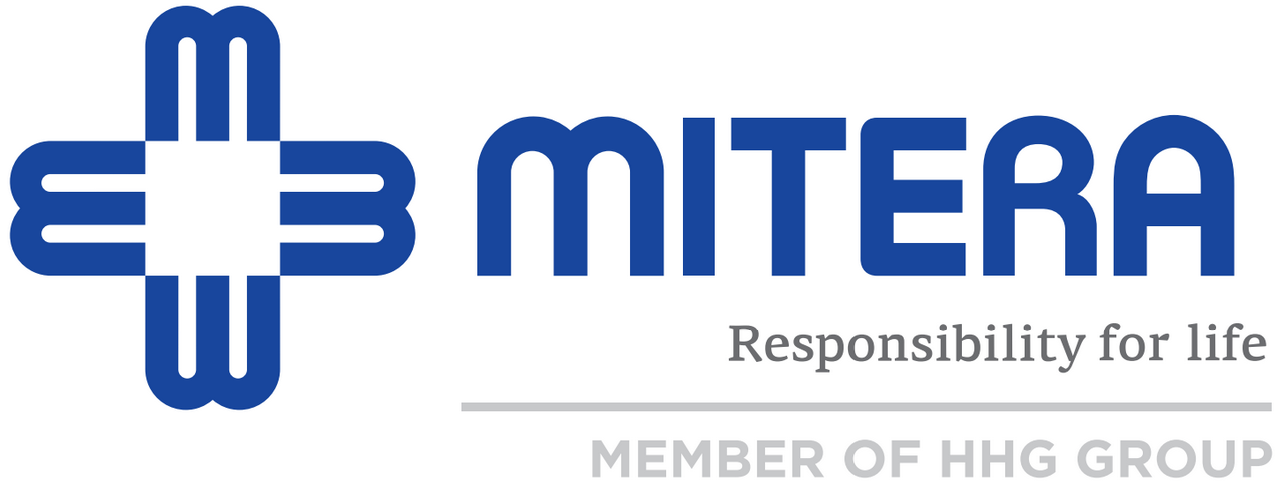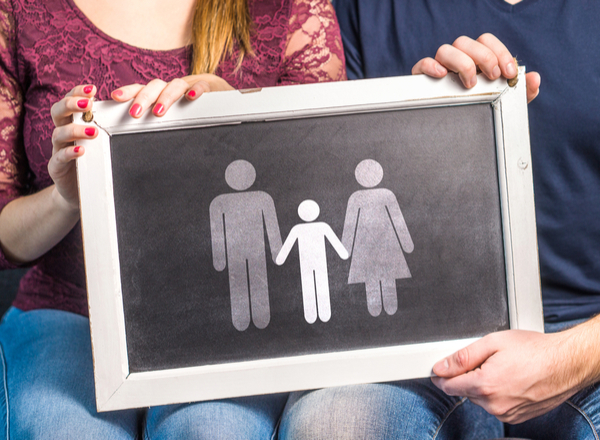IVF Pregnancy After 40
By Dr Georgios Ioannidis
IVF Obstetrician/Gynecologist, Scientific Associate of IVF MITERA
In the last 15 years, it is estimated that the number of IVF cycles performed on women aged between 40 and 45 has increased tenfold.
Women at their early 40s have just a 14% chance of becoming pregnant per IVF cycle.
The first attempt at pregnancy for women over 40 is mini-IVF, which involves fewer drugs, if any at all.
Natural cycle IVF or IVF using fewer drugs is indicated in cases where the woman has undergone previous IVF but did not respond well to the drugs or no more than 2 mature eggs were produced. These are women with ovarian failure or women with low anti-Müllerian hormone (AMH). In addition, IVF without drugs is suitable for older women who cannot take drugs for various reasons.
IVF success rates similar to 30-year-old women
However, a new embryo analysis approach gives 40-year-old women a 65% chance of becoming mothers with just one cycle of IVF embryo transfer – a rate that is similar to that for 32 year olds. It is a new preimplantation genetic screening (PGS) technique whereby comprehensive chromosomal screening of embryos created by IVF is performed prior to uterine implantation.
The number of chromosomes is key
To date, the IVF techniques were based on choosing the best embryos through microscopy analysis. As a woman gets older, the quality of her eggs drops rapidly. Failure to conceive or miscarriages at older ages are mainly due to errors in the number of chromosomes. It is telling that at age 40, 75% of the embryos are abnormal while at 42, the rate may go up to 90%.
The new technique involves embryo biopsy using complete genome screening (CGS). The embryos are then cryopreserved without uterine implantation. The women go through IVF cycles until 1-2 healthy embryos are found, which are then thawed and implanted.
Through this technique, the chance of a successful pregnancy in women aged between 38 and 45 who have one embryo with a normal number of chromosomes is independent of their age and may reach up to 65%.
And if all fails?
If no healthy embryo arises after repeated IVF cycles, then the only solution is egg donation, which increases the success rate for older women to 65%.



